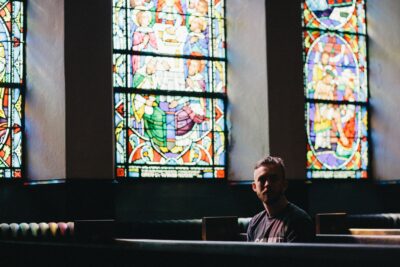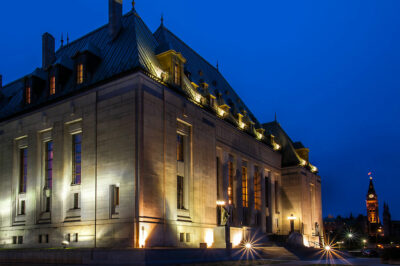
Ktunaxa Nation v British Columbia (Part 1): Religious Freedom and Objects of Worship
On November 2 the Supreme Court of Canada (SCC) released its much-awaited decision on the matter of Ktunaxa Nation v British Columbia (Forests, Land and Natural Resource Operations). In today’s post, the first of a two-part series, Kristopher Kinsinger assesses how the SCC’s decision on the Ktunaxa Nation’s section 2(a) Charter of Rights and Freedoms […]





